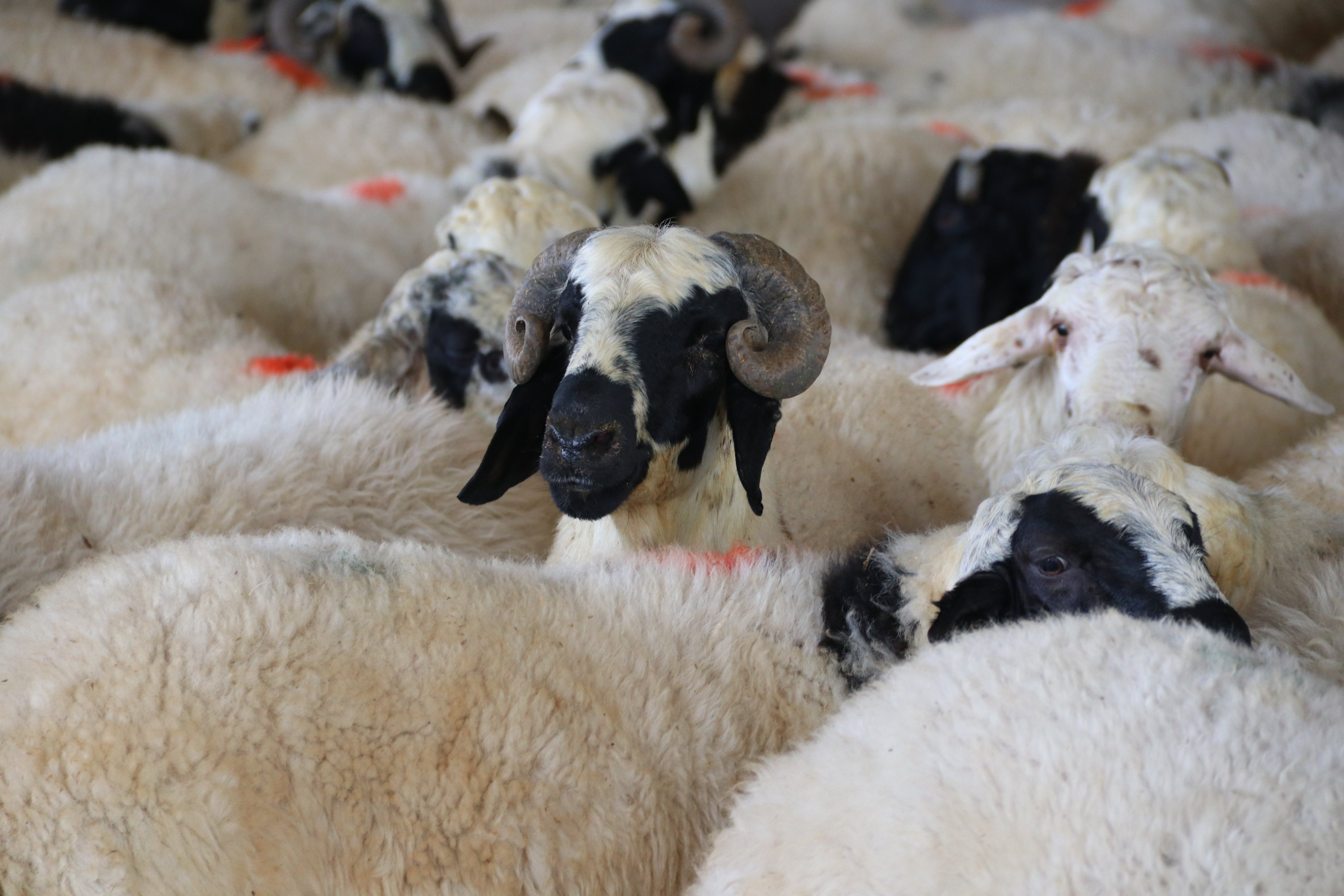© Turkuvaz Haberleşme ve Yayıncılık 2025
Starting on Friday and continuing through the weekend will be the Feast of Sacrifice, also known as Qurban Bayram or Eid al-Adha, which is one of the most important holidays celebrated throughout the Muslim world. This four-day national holiday commemorates Abraham’s willingness to sacrifice his son as evidence of his loyalty to God and also marks the end of the Hajj pilgrimage to Mecca in Saudi Arabia.
Based on the Islamic lunar Hijri calendar, the dates of the holiday change every year, but Qurban Bayram always takes place approximately 70 days after the conclusion of Ramadan, the month when Muslims undertake a holy fast. Last year Qurban Bayram took place Aug. 11-14, this year it will be held July 31 to Aug. 4, and next year it will be from July 19 to July 23. The holiday will continue to take place in the summer months for the next few years, but a decade ago, the dates fell during the colder, winter months.
What is it like for expats or visitors to Turkey to be in the country during one of two of the most sacred and significant holidays of the year? At four days long, Qurban Bayram is the longest holiday in Turkey. This means that with the dates falling in the heart of summer this year, you can expect to see an exodus of a significant amount of Turks from the cities heading to the coastal regions to use the holiday as an opportunity to take a vacation.

The majority of Turks, however, will be spending this time at home and with family as the tradition is to sacrifice a farm animal for consumption and to be distributed to friends, neighbors and those in need. The most common tradition is for a family or place of business to sacrifice a sheep, an act which is carried out by professionals and at out-of-sight centers. The slaughtering system tradition changed about a decade ago, though I remember years ago when animals were slaughtered in the gardens of apartment buildings. Now, it is done professionally and out of sight, so a foreigner's chances of noticing anything awry while wandering the streets are slim. It is also possible to make a donation to organizations such as the Turkish Red Cross, or Kızılay, as a practice of sacrifice.
The sacrificial meat is the most sacred part of this holiday, and families will prepare a feast and dine on it while also gifting packages of the meat to loved ones and those in need. You can be sure that no part of the animal will go to waste, as even the skins are donated to the Turkish Aeronautical Association (Türk Hava Kurumu). Traditionally the meat is divided into thirds – one portion is consumed by the family, one portion is distributed to friends, family and neighbors and one third is donated to the needy. As a foreigner, you may be gifted a portion of sacrificial meat because, famed for their hospitality, the Turks love to spread the joy during the holidays and will even prepare different treats they distribute to neighbors. If you are given anything, it is best to accept the gift with grace and gratitude and to treat the meat as sacred, honoring the sacrifice that was made.
The other integral part of this holiday is the hierarchy of visits that must be paid to family members, with the eldest being visited first, with visits then trickling down to friends and neighbors. Due to the pandemic, this year the traditions may deviate slightly. The custom is to dress up in your finest clothes and offer your holiday greeting by kissing the hand of elders and then touching their hand to your forehead. Otherwise, generally, you just wish one another a “good holiday,” which in Turkish is “iyi bayramlar” and is said throughout the holiday to almost anyone you come into contact with.
Many Turks, however, will be holidaying this weekend which means the roads will be packed and the beaches experiencing the most crowded time of the year. While this is a great time to discover the emptied out cities, it is not the best time for visitors to be traveling the inner city and certainly not driving on the roads and adding to the chaos that ensues. Traffic jams and, unfortunately, accidents can be considered the only negative to this holiday, however, security forces will be out in force to ensure safety on the roads.
For the most part, public transportation throughout Turkey will be free starting Thursday at midnight and running until 7 a.m. Tuesday. This includes all public transportation as well as vehicular traffic across the Bosporus bridges and the Marmaray. The majority of museums will be closed on the first day of the holiday, which is Friday, and will reopen for the remainder of the holiday, while shops and shopping centers tend to have restricted hours on the first day of the holiday. You can expect all banks, post offices and public offices to remain closed until the holiday ends on Tuesday.
Just remember this is a special time in Turkey and, similar to Christmas for Christians, is one of the most important times of the year. In the Turks’ case and for those practicing this tradition in the Muslim world, it is a time of giving to others in need and feeling blessed and grateful for all that you have.
